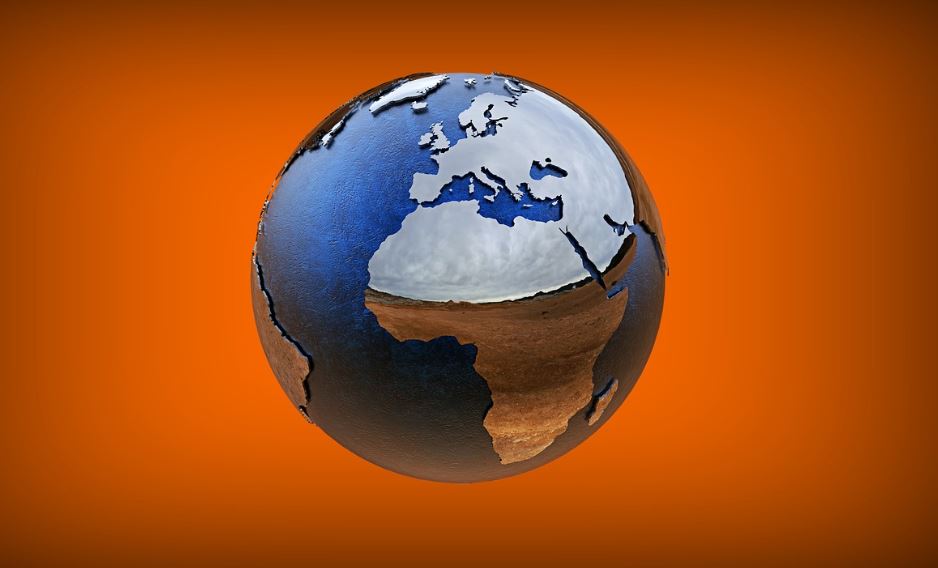Hive Hydrogen South Africa is making waves in the hydrogen energy sector by seeking significant investment from some of Japan’s largest corporations for its ambitious $5.9 billion green ammonia project.
Senior officials from Mitsubishi UFJ Financial Group, Itochu, Mitsubishi Heavy Industries, and Mitsui OSK Lines are set to visit the proposed plant site in Eastern Cape province to evaluate potential financial involvement, either through loans or equity investments.
Hive Hydrogen, a subsidiary of Hive Energy, is spearheading the most advanced green hydrogen project in South Africa. The company aims to start production at the new plant in Gqeberha by 2029, utilizing the Ngqura deep-water port to ship green ammonia to export markets in Japan and South Korea. This green ammonia is a more transportable form of hydrogen, which can be used to decarbonize industries such as heavy manufacturing and shipping.
The plant will use 3,700 megawatts of renewable power to produce one million tons of hydrogen annually. This hydrogen will then be converted into ammonia, which has significant potential to reduce carbon emissions in shipping and heavy industry. Ammonia can also serve as a fuel for power plants, presenting a cleaner alternative to fossil fuels.
The visit by senior Japanese officials represents the most significant business delegation Japan has ever sent to South Africa. This includes representatives from key financial and industrial corporations, as well as government agencies like the Japan Organization for Metals and Energy Security (Jogmec) and the Japan International Cooperation Agency. Their presence underscores the project’s importance and the potential for Japanese investment in South Africa’s green hydrogen sector.
Itochu, one of the visiting companies, has already signed a memorandum of understanding with Hive to develop the plant. This existing partnership suggests a strong interest and potential commitment from Japanese investors. Other major Japanese corporations, while not commenting directly, are reportedly considering their involvement, reflecting the strategic significance of this project.
While South Africa’s Hive project is focused on the Asian market, neighboring Namibia is targeting European markets for its green hydrogen exports. This regional competition highlights the global race to develop green hydrogen infrastructure and secure market share. Hive’s strategy of initially targeting Japan and South Korea is a calculated move to tap into the substantial demand for clean energy in these countries.
Hive Hydrogen’s plant has the potential to be scaled up significantly if demand increases. This scalability could make it a central player in the global hydrogen economy, especially if it secures the necessary funding and technological advancements.
The involvement of Japanese corporations and government agencies not only provides the necessary financial backing but also brings technological expertise and market access. Successful implementation of this project could position South Africa as a key player in the global hydrogen market, with significant economic and environmental benefits.
